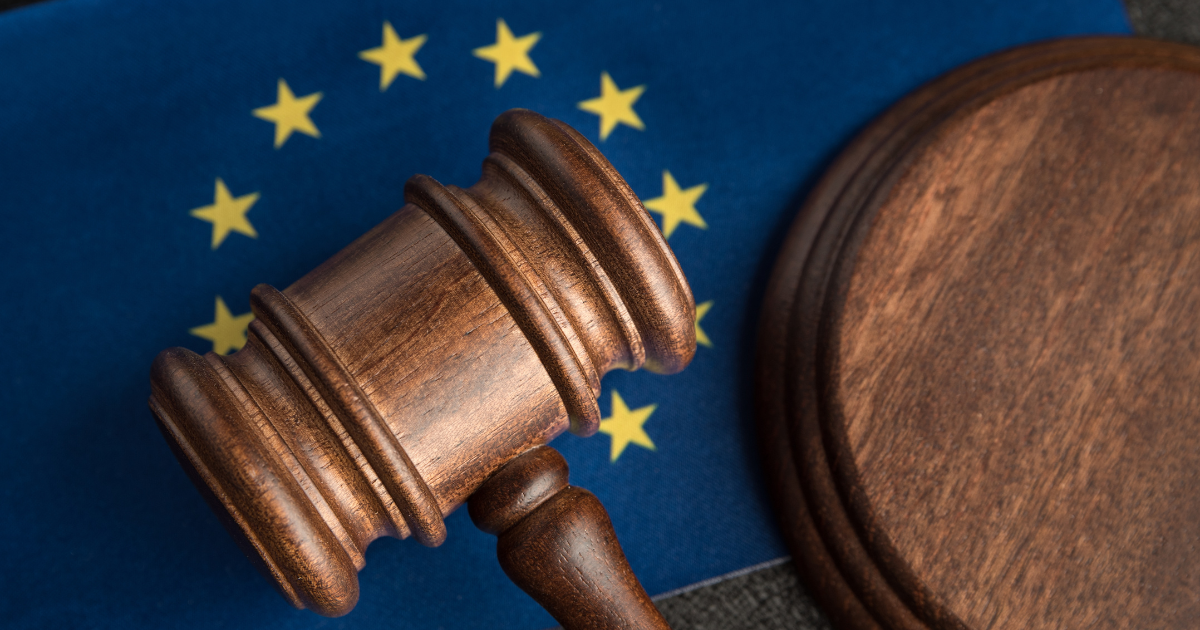On 26 June 2024, the European Court of Human Rights (ECHR) issued a judgment in the case of Ukraine v. Russia, which established numerous administrative practices of human rights violations in the occupied Crimea under almost all possible articles of the European Convention for the Protection of Human Rights and Fundamental Freedoms.
Mykyta Petrovets, lawyer at the Regional Centre for Human Rights, a member of the Coalition "Ukraine. Five in the Morning", analysed all 346 pages of the ECHR judgment to draw attention to the main legal points and their implications for the Court's future practice, in particular in the context of the armed conflict between Russia and Ukraine. He spoke about this in detail in his article for Just Talk.
According to the lawyer, the final judgment of the ECHR is a landmark victory for Ukraine, which should become a textbook for diplomats and a mandatory part of educational materials in Ukraine and abroad.
In order to establish administrative practices of human rights violations, the ECtHR used 6 reports prepared with the participation of the RCHR as evidence. These reports concerned the illegal deportation of prisoners to the territory of the Russian Federation, persecution of Crimean Muslims, journalists, the Orthodox Church of Ukraine, expulsion of Ukrainians from Crimea, imposition of Russian passports, as well as analysis of the events of 26 February 2014 near the Verkhovna Rada of the Autonomous Republic of Crimea.
Mykyta Petrovets emphasises that the ECHR has actually changed its previous practice, as international humanitarian law (IHL) has become an integral part of the judgment.
The judgment contains a number of arguments in favour of the fact that Crimea is Ukraine. First of all, the Court actually proceeded from the fact that there has been an international armed conflict between Ukraine and Russia since 2014, as it applied IHL to resolve the dispute, including the rules that apply only in the case of occupation (para. 918). The Court's judgment in the admissibility case also noted that the Russian Federation did not provide evidence that would indicate a change in the sovereign territory of Ukraine, and the Court should take into account the position of the UN General Assembly that there had been no change in Ukraine's territorial sovereignty over Crimea (para. 348).
Trials are based on the principles of adversarial and dispositive proceedings, where the parties have to state their position, substantiate it and attach relevant evidence. The court is usually limited to these arguments and is obliged to respond only to them. Until Russia was expelled from the Council of Europe in 2022, it presented its position in the case to the Court both orally and in writing. However, it did not refer to IHL, as this would mean that it recognised the international armed conflict since 2014 and the fact of occupation of Crimea.
In turn, the Court directly used IHL to assess the violation of the Convention by the Russian Federation.
Fortunately, the ECtHR took a constructive and understandable position, which is as follows:
-
if Russia sought to justify the legality of the intervention under IHL, it had to expressly and unconditionally state this;
-
since Russia did not do so, the Court is not authorised to compare the cases of intervention on the basis of Russian law with the grounds for intervention under IHL;
-
it was the Russian Federation that had to present its position to the Court, and not the Court to formulate it instead of the respondent state (paras. 943-944, 984, 991).
The Court also applied the above approach in the case of detention of active Ukrainian military personnel in the context of a violation under Article 5 of the Convention (paras. 984, 986), although this was mentioned "among other things".
As a result, the ECtHR has consistently upheld its position that it is the parties to the dispute who must provide the Court with their arguments and evidence, and not vice versa. It is important that this approach be adopted as a model for other international institutions to force Russia to comply with IHL, rather than seek to justify its actions.



